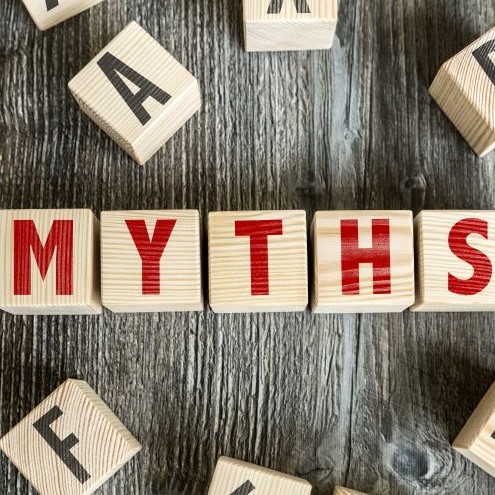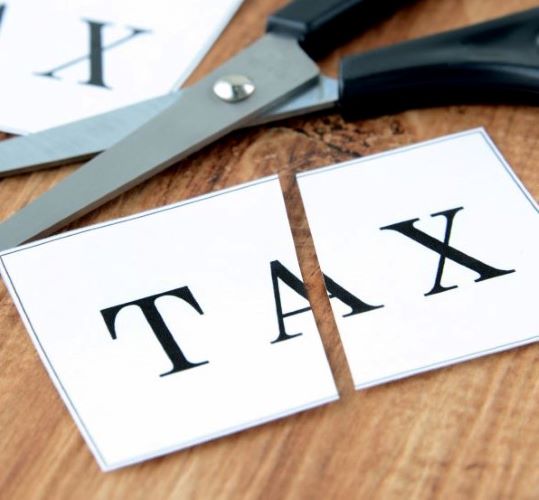From time to time situations arise that require a business owner to conduct a valuation to determine the value of their business. This is often needed when selling a business, formulating buy/sell agreements, shareholder litigation, divorce proceedings, succession and business planning, and economic damage calculations. Many are surprised to learn there is a less costly alternative to valuations known as a calculation of value report (CVR). These reports are often used in place of a formal valuation for planning purposes, damage calculations, and in limited litigation situations. While CVRs are not formal valuations they do provide necessary insight into value at a reduced cost. The following summarizes the key facts about CVRs.
Valuations Versus CVRs
There are significant differences between a valuation and a CVR. The most noteworthy is that a CVR is classified as a calculation of value whereas a business valuation is classified as a conclusion of value. The two reports are not used for the same purpose as a valuation is a much more thorough report than a calculation.
A valuation provides an opinion on the value of the business or asset determined using all applicable approaches and methods deemed necessary. A valuation looks at three different analysis to compute the value: an income analysis, an analysis of the assets/liabilities of the business, and a market analysis of what similar companies, both private and publicly traded have sold for in the past. A valuation also includes other reporting requirements that must be adhered to by the valuation analyst. These reporting requirements include items such as an analysis of how the economy and industry are performing and a ratio analysis to see how the company is performing against similar companies. All of these factors contribute to the final valuation price. This is the required type of report for estate and gift tax filings as well as some litigation proceedings.
A calculation of value arrives at a value using limited procedures agreed upon between the client and provider, including the approaches and methods and the extent of the procedures that will be used to determine value. Since the analyst is limited in the methods which can be used, the calculation may result in a different value than if a valuation were performed. Calculations are generally not defensible in litigation settings because the valuation analyst is not offering an opinion of value, rather the analyst calculates a value based on methods agreed upon with the client.
When to Use a CVR?
The following are common situations when it often makes more sense to complete a CVR rather than a traditional valuation.
- Economic Damage Calculations – When determining the economic loss to a company arising from various circumstances.
- Business Planning Purposes – Strategic business planning, including tax and estate planning, and for planning the purchase of a business or business interest.
- Sale of Business – Commonly used to help a business owner establish an initial asking price and negotiate when placing a business on the market for sale.
- Litigation Procedures – Useful in divorce situations to aid in the settlement process. If a settlement is not reached, a conclusion of value can be obtained for court purposes.
The last thing that you want to do when having a valuation performed is pay too much to have a conclusion of value that will only be used for planning purposes or pay too little to obtain a calculation of value that will be under IRS scrutiny or will not hold up in court. Therefore, it is important to be aware of the varying levels of valuation service offered so that the appropriate type of report is obtained.
Contact Us
If you need assistance with a business valuation, Selden Fox can help. Our team has considerable experience with valuations and can identify the appropriate solution for your needs. For additional information please call us at 630-954-1400 or click here to contact us.






